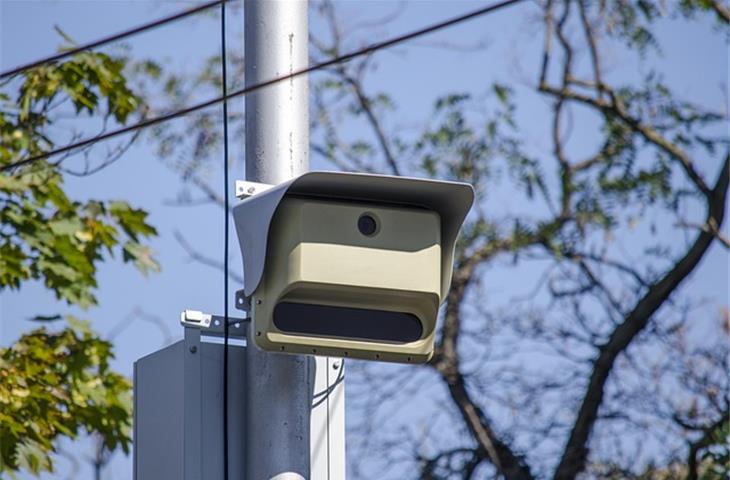The treatment field in oncology has been revolutionized by lorlatinib, an cutting-edge therapy for NSCLC (NSCLC).For patient safety and treatment success, effective monitoring of lorlatinib therapy is crucial.The ability to monitor lorlatinib therapy early detects cancer response and enables timely adjustments to the therapeutic regimen.

By doing so, it helps maximize the drug’s benefits and minimize possible side effects.Regular monitoring allows the identification of the basic mechanisms of resistance and enables the implementation of different treatment approaches.Like any cancer therapy, lorlatinib can cause negative effects. Continuous monitoring enables medical professionals to promptly identify and manage these side effects, thereby improving patient comfort and overall well-being.

Determining the optimal duration of lorlatinib therapy is helped by monitoring, ensuring patients receive the necessary duration for health benefits while minimizing the probability of development of resistance.The challenge remains in identifying specific biological markers for lorlatinib effectiveness and drug resistance.

Due to the scarcity of dependable biomarkers, precisely monitoring therapeutic response and development of resistance is made challenging.Due to factors such as metabolic processes and pharmacokinetic interactions, lorlatinib levels may fluctuate considerably across patients. Observing these fluctuations is critical for optimizing dosing schedules.
Availability of advanced imaging modalities, including positron emission tomography (PET (Positron Emission Tomography)) and CT (Computed Tomography) (CT), is necessary for medical professionals to evaluate tumor response and advancement, enabling timely modifications to the therapy regimen.Information gathered from diverse monitoring techniques should be combined and interpreted, which can yield a deeper insight of therapeutic response and development of resistance, facilitating evidence-informed decision-making.
In optimizing treatment outcomes for patients with Non-Small Cell Lung Cancer, lorlatinib surveillance is of critical importance. Through addressing the hurdles and executing efficient tactics, medical professionals can ensure accurate assessment of therapeutic response, prompt identification of resistance, and prompt management of adverse effects. Ongoing research and advancements in this area will further improve the surveillance process, ultimately enhancing patient care and survival outcomes.
